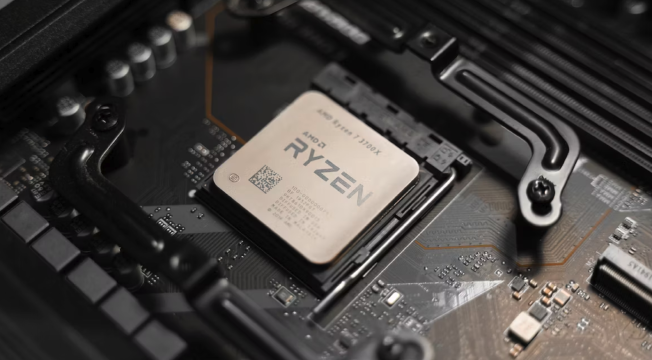Excerpt§
In this blog post, we delve into the intricacies of SHA512 and SHA256 hash functions, comparing their strengths and weaknesses. We also analyze their performance in different scenarios and discuss the trade-offs between speed and security. Whether you’re interested in faster computation or stronger encryption, this article will help you make an informed choice.
SHA512 and SHA256 are two common cryptographic hash functions used extensively in cybersecurity applications today. Their similar naming convention sometimes leads to the assumption that SHA512 is a faster and upgraded version of SHA256. However, the real-world performance of these two hash algorithms is more nuanced. In this post, we’ll examine SHA512 vs SHA256 speed, look at benchmark comparisons, analyze use cases, and clarify the faster vs stronger aspects of each hash.
Introduction§
Cryptographic hashes like SHA512 and SHA256 are indispensable tools for providing data integrity and authentication in systems ranging from passwords to blockchains. SHA512 has a larger 512-bit hash output than the 256-bit SHA256. This leads some to infer that SHA512 must also be a faster and improved version. However, the performance of hash algorithms depends on multiple factors. While SHA512 enhances security with its longer output, SHA256 is generally faster in most common usage scenarios.
Understanding SHA512§
SHA512 is part of the SHA-2 family of hashes designed by the NSA and standardized in 2001. Here are its main features:
Generates a 512-bit (64 byte) hash value.
Designed for 64-bit processors to optimize performance.
Provides enhanced security versus shorter hashes like SHA256.
Used in applications like encrypted data storage, blockchain, random number generation.
The larger output size strengthens SHA512 against brute force attacks. But it also results in slower performance than SHA256 in most typical implementations.
An free online tool to quickly verify your answersUnderstanding SHA256§
SHA256 is another algorithm in the SHA-2 cryptographic hash family defined in FIPS 180-4. Its key attributes are:
Produces a compact 256-bit (32 byte) hash value.
Optimized for 32-bit computing environments.
Faster computation compared to SHA512 in software and hardware.
Widely adopted across systems and applications.
So while SHA256 has a shorter hash output than SHA512, it provides better efficiency in many real-world use cases.
An free online tool to quickly verify your answersPerformance Comparison§
Looking at benchmark tests reveals the general performance differences between SHA512 and SHA256:
Low-powered devices see 2x to 3x faster hashing with SHA256 based on industry benchmarks.
For larger data sets, SHA256 maintains a performance advantage in software of 20% to 50% over SHA512.
Specialized SHA hardware accelerators also favor SHA256 implementations for efficiency.
But in optimized 64-bit programs, SHA512 can match or outpace SHA256 slightly.
So in most common scenarios, SHA256 computes hashes faster than SHA512. But SHA512 can gain parity or an edge in certain optimized environments.
Use Cases for SHA512 and SHA256§
Based on their relative performance and security attributes, some typical use cases are:
SHA512 well-suited for:
Long-term data archives requiring future-proof integrity assurances.
Storing large amounts of highly sensitive data.
Blockchains and applications warranting 512-bit collision resistance.
SHA256 well-suited for:
Resource-constrained mobile and embedded devices.
High throughput data validation, verification or REAL-TIME communications.
General applications not involving highly sensitive long-lived data.
Conclusion§
In summary, while SHA512 offers enhanced security with its longer hash output, SHA256 is faster for most common real-world applications today. But SHA512 provides future-proofing for high-value data integrity and performance parity in optimized 64-bit environments. The ideal hash algorithm depends on the specific security requirements, longevity needs and performance constraints of the application. But when in doubt, SHA256 offers a robust level of security and speed for most general use cases.















